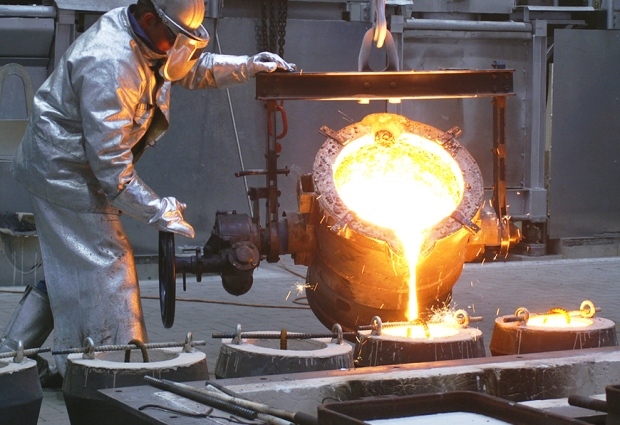Vole wants to get into AI but managing the vast quantities of data that make it possible without making the devices too slow or draining the battery in minutes will wreck the user experience.
Microsoft says it has the answer with a chip design for its HoloLens goggles - an extra AI processor that analyzes what the user sees and hears right there on the device rather than wasting precious microseconds sending the data back to the cloud.
But the new Holographic Processing chip did not come from its chum Intel, it comes from the Volehill itself.
It played all roles - except manufacturing - in developing a new processor. The company says this is the first chip of its kind designed for a mobile device.
Microsoft thinks that off-the-shelf processors aren't capable of fully unleashing the potential of AI.
It is not alone either. Google is on the second version of its own AI chips. Apple is working on one too but it is a long way behind.
In the past Microsoft has developed its own chips. It built a motion-tracking processor for its Xbox Kinect video-game system.
More recently it used customizable chips known as field programmable gate arrays to unleash its AI prowess on real world challenges.
Microsoft buys the chips from Altera, a subsidiary of Intel, and adapts them for its own purposes using software, an ability that's unique to that type of chip.
Last year Vole used thousands of these chips at once to translate all of English Wikipedia into Spanish in less than a tenth of a second. Of course the Wikipedia editors rejected the translation on the grounds that Microsoft was not notable enough.
Microsoft Research engineer Doug Burger said that Microsoft was taking this stuff very seriously. The main focus appears to be to create an AI cloud which cleans the clock of the rivals.
Published in
PC Hardware
Microsoft forced into more chip development
All the AI stuff
It is starting to look like there will be a new kid on the chip block, as Microsoft is being forced to hone skills of its own.




